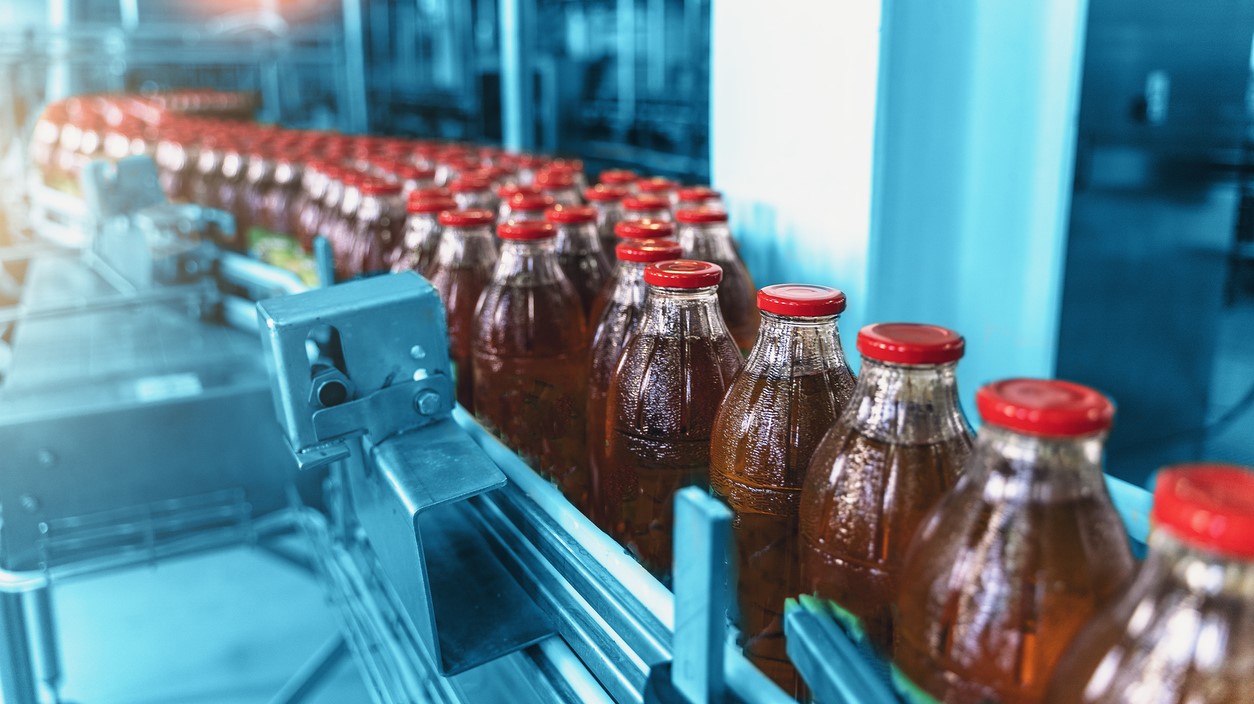What U.S. Manufacturers Need to Know About the U.K. Food Standards Agency
The food and beverage industry is the single biggest manufacturing sector in the U.K., generating more economic activity than the aerospace and automotive manufacturing sectors combined. Food and beverage manufacturers in the U.S. that want to expand internationally have an incredible opportunity to join this growth, but navigating the U.K. food safety landscape (not to mention the U.K. Food Standards Agency) presents a significant challenge.
What are the U.K. food safety laws and regulations that govern the food and beverage industry, and how do they differ from regulations in the U.S.? Here are some key considerations to keep in mind, and what it takes to meet compliance with the U.K. Food Standards Agency:
3 Things U.S. Manufacturers Should Know About the U.K. Food Standards Agency
1. The U.K. Food Standards Agency is the sole regulatory body
Food safety regulations in the U.S. are created and enforced by a patchwork of agencies, including the Food and Drug Administration (FDA), the United States Department of Agriculture (USDA) Food Safety and Inspection Service (FSIS), and the Centers for Disease Control and Prevention (CDC). The FDA plays the largest role in food safety regulations, with oversight spanning the full lifecycle of food products, including production, processing, packaging, and labeling.
Food safety in the U.K. is regulated by just one government body: the Food Standards Agency (FSA). The agency was established in the year 2000, and is responsible for drafting and enforcing food safety standards across the entire food supply chain, including parts of the agriculture sector. The U.K. Food Standards Agency’s oversight extends to farming practices, including animal welfare and the safety of their feed; production hygiene standards; labeling on packaging; and even establishing nutritional guidelines for citizens.
2. U.K. food safety has more stringent labeling requirements
Allergen labeling is required by regulators in both countries, but mandates differ significantly. U.S. regulations demand manufacturers label products that contain common allergens like milk, eggs, fish, shellfish, tree nuts, wheat, peanuts, soybeans, and sesame. The U.K. Food Standards Agency expands labeling requirements to also include crustaceans, molluscs, celery, lupin, sulfur dioxide, and mustard.
Both nations also take a different approach to food additive labeling. In the U.S., food labels must list the additives according to the amount or quantity used in the product. Full names of each additive are also required (e.g., listing “sodium benzoate” instead of “sod. benz.”). The U.K. requires that each additive on the label be accompanied by a class signifier that indicates if it’s an emulsifier, color, or other type of additive. Currently, the FSA also requires the use of universal labels (called E-numbers), which identify each individual additive so consumers can more easily find information about each ingredient.
3. U.K. food safety standards restrict antimicrobials used in food production
Antibiotic usage is standard in livestock farming operations in both the U.S. and U.K., but the types and amount permitted vary between countries. In general, manufacturers in the U.S. are permitted to give higher and more frequent doses of antibiotics to livestock than those in the U.K. Research shows that U.S. livestock receive an average of 5.4x more antibiotics per animal than the same type of livestock in the U.K.
Oversight is much tighter in the U.K., with the FSA restricting antibiotic use and requiring veterinary prescription. The U.K. government also sets targets to reduce the overall use of antibiotics in livestock farming to combat the growing problem of antibiotic resistance. In fact, a 2022 press release by the Department for Environment, Food and Rural Affairs (DEFRA) reported that sales of livestock veterinary antibiotics had dropped to its lowest ever recorded. Growing concern from citizens of the European Union might drive even more stringent antibiotic regulations in the U.K. in coming years.
The Importance of Aligning With the U.K. Food Safety Standards
Food and beverage manufacturers based in the U.S. have much to gain from expanding to the U.K. market, but to do so, they must comply with local standards. As our planet’s food supply chain becomes increasingly connected, it’s no longer enough to focus on food safety compliance for specific markets — manufacturers should adopt a global perspective.
The Global Food Safety Initiative (GFSI) has built a set of standards for all manufacturers to follow, designed as a collaboration between some of the world's leading food safety experts. Want to train your staff to meet GFSI standards? Learn more about AIB International’s GFSI training program.


